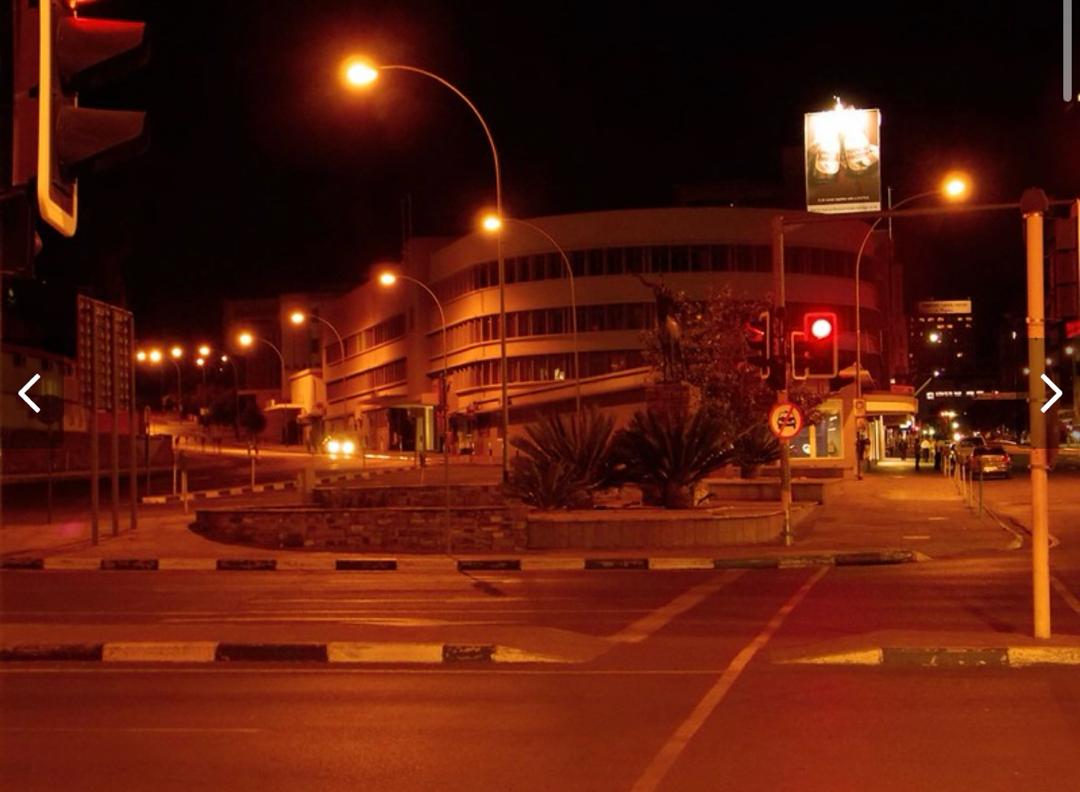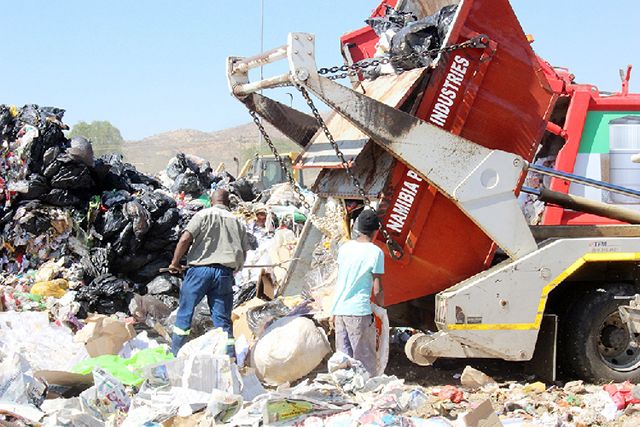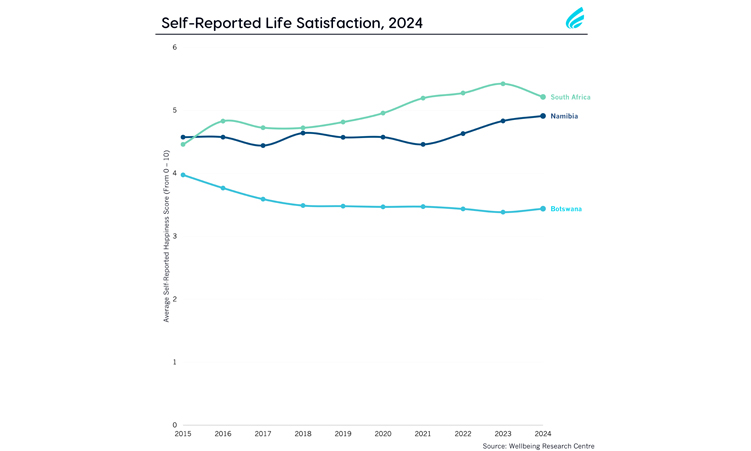SOUTH African banks on Wednesday came under scrutiny from the Reserve Bank for tightening lending standards ‘significantly’ – after years of being attacked for lending too freely.
• ETHEL HAZELHURST
The central bank, which supervises banks, said in its financial stability review that it had ‘anecdotal information’ that mortgage lenders were asking borrowers to put down as much as 30 per cent of the purchase price of a property before they could have a loan.
In the review, which focuses on the second half of last year, the Reserve Bank says bad debt on bank balance sheets in January was up by 118 per cent from a year earlier. But the extent of these ‘impaired advances’ is not a major threat to the financial system.
This contrasts with the experience abroad, where debt defaults ricocheted through the system, and central banks and governments had to intervene to stabilise financial markets.
Local banks ‘remain well capitalised and profitable and the ratio of impaired advances to total advances is still well below the worst of the previous credit cycle’, the review says.
Banks had a relatively low exposure – 13,2 per cent of their loans to the private sector – to mining, manufacturing and real estate, the industries most at risk in the cyclical downturn.
Most businesses were ‘experiencing pressure’ and were possibly increasing debt at a faster rate than profit in the fourth quarter.
The net wealth of the household sector was an estimated 9,3 percent lower in the fourth quarter than a year earlier. Almost 42 per cent of consumers had ‘impaired credit records’ – in other words, they had defaulted on debt at some point.The central bank noted that households were a potential source of ‘contagion’. A build-up of debt defaults can damage the entire financial system.According to the review, banks are highly exposed to the household sector because mortgage debt is nearly 65 per cent of the market value of housing.The review explains that the local banking sector is relatively sheltered from the global financial crisis because only 7,8 per cent of its loans and 3,6 percent of funding are in foreign currencies.
Foreign exchange controls have restricted the ability of domestic banks to invest in ‘offshore financial instruments that had suffered severe declines in value’.On the JSE on Wednesday, Absa fell 2,1 per cent to R97,50, Standard Bank lost 1,9 per cent to R83,40 and FirstRand slid 1,4 per cent to R13.60. Nedbank gained 1,6 percent to R90,45. -Business Report
Stay informed with The Namibian – your source for credible journalism. Get in-depth reporting and opinions for
only N$85 a month. Invest in journalism, invest in democracy –
Subscribe Now!










